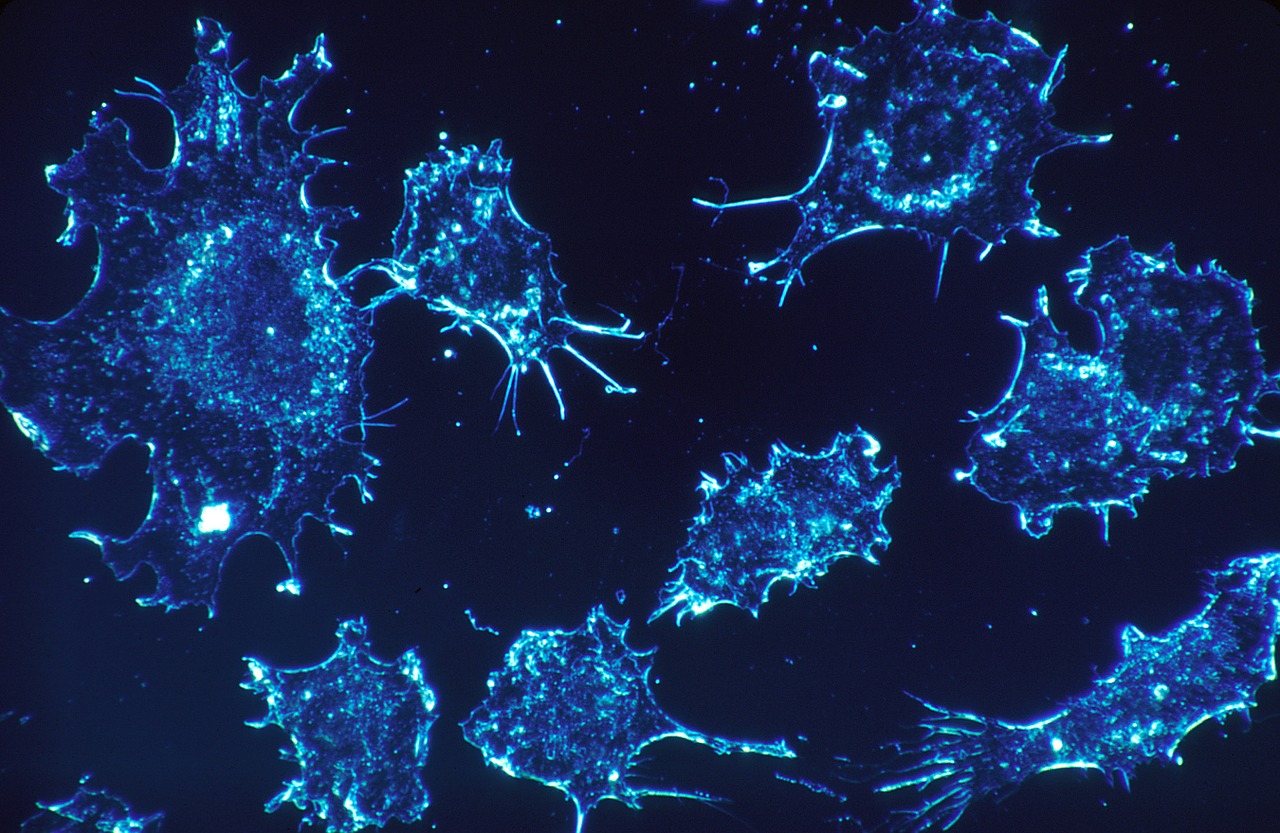 EMERGING TECH
EMERGING TECH
 EMERGING TECH
EMERGING TECH
 EMERGING TECH
EMERGING TECH
Freenome Inc., a startup that has built a “liquid biopsy diagnosis platform” to diagnose cancer in its early stages, has just raised $65 million in a Series A funding round.
The investment was led by Andreessen Horowitz, the same venture capital firm that also headed up its $5.5 million seed round less than 12 months ago. Google Ventures, Peter Thiel’s Founders Fund, Data Collective, Polaris Partners, Eric Schmidt’s Innovation Endeavors, Spectrum 28 and Charles River Ventures also participated in the round, which brings Freenome’s total funding to $71.2 million.
Freenome’s platform combines biology with machine learning to detect the DNA sequencing of cancer, without requiring cell samples, before the disease becomes deadly. The company says its methods are superior to traditional diagnosis methods, which involve taking a tissue sample from tumors and often require surgery.
“While tests to detect cancer early exist, they are not sufficiently accurate, and are riddled with false positives and false negatives,” said Vijay Pande, Andreessen Horowitz’s general partner, who is joining Freenome’s board of directors.
By using machine learning technology, Freenome’s platform is able to detect immunological and metabolic changes in cell-free DNA and other so-called analytes. The company says it’s early-stage cancer detection technique is significantly more robust and cost-effective than traditional methods. For now, it’s focusing on four specific types of cancer – breast, colorectal, lung and prostate – in order to win Food and Drug Administration approval. Once that is achieved, the company will turn its attention to other types of cancer as well.
The company’s aim is to make “accurate, accessible and non-invasive disease screenings” available to doctors so they can treat cancer proactively when it’s at its most manageable stage, Freenome Chief Executive Gabe Otte said in a statement.
“This funding will allow us to increase the number of clinical trials in collaboration with top researchers and clinicians around the world, enabling us to bring our product to market more quickly and equip people with knowledge and tools to live healthier lives,” Otte said.
The startup said it’s working with more than 25 research partners across the globe to test out its platform, including the Moores Cancer Center at the University of California at San Diego Health, UC San Francisco and Massachusetts General Hospital. It said its technology has already been used to screen “thousands” of samples from patients who went on to develop cancer within two years, despite previous indications that they were healthy. As well, Freenome is said to be working with five pharmaceutical companies to assess its software for cancer diagnosis and other applications like pre-treatment drug response predictions.
Freenome is not the only company that aims to use technology in the fight against cancer. A second major effort is being led by Google Inc.’s DeepMind artificial intelligence research unit, which said in August that it’s teaming up with the U.K.’s National Health Service to investigate how machine learning can help to treat head and neck cancer.
Meanwhile, Microsoft Corp. is leading a multitude of cancer-fighting initiatives that aim to leverage artificial intelligence. One of its ideas is to help create personalized treatment plans for patients by using natural language processing to sift through the wealth of data available in their medical history. The company is also helping doctors track the progress of the disease using a combination of machine learning and computer vision technologies, while simultaneously developing algorithms that can predict cancer’s progression. Lastly, Microsoft is working on a “moonshot” project with the goal of allowing doctors to program cells to fight a variety of illnesses, including cancer.
Not least, another startup called Guardant Health secured $100 million in Series D funding last year to further the development of its genomic sequencing-based cancer testing platform, which can detect the presence of the disease in patients from blood samples.
THANK YOU